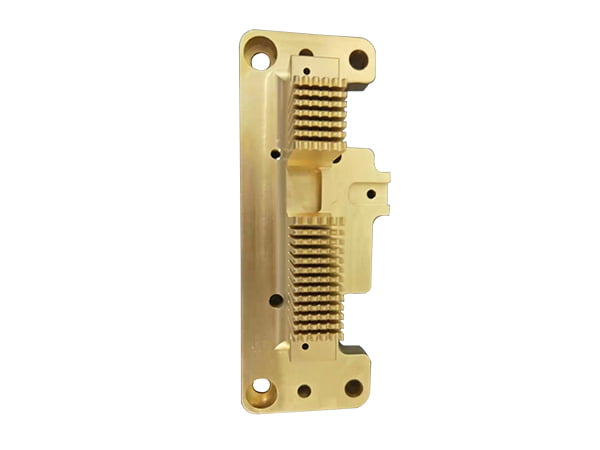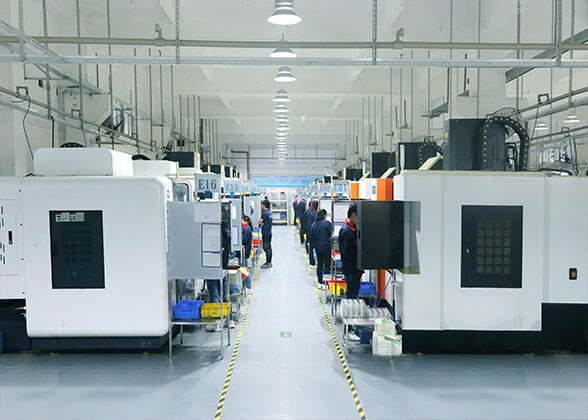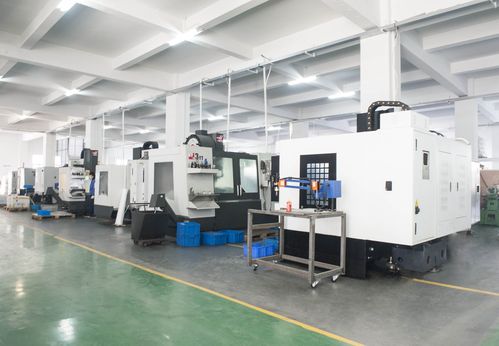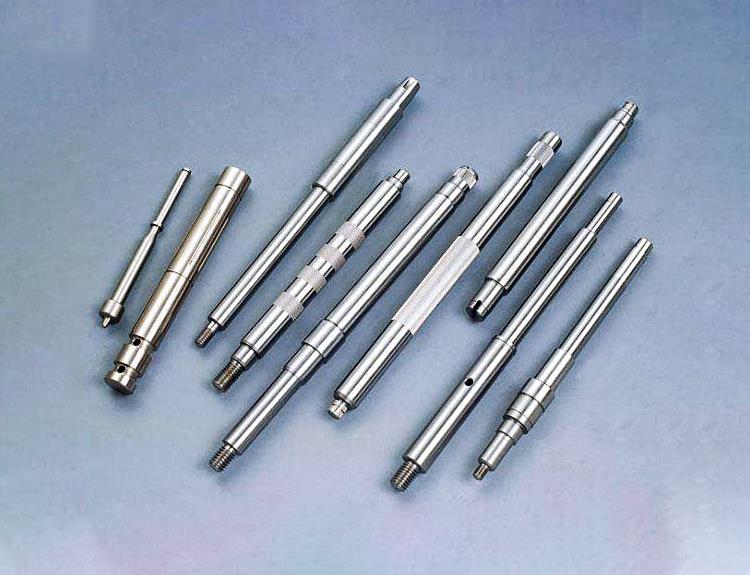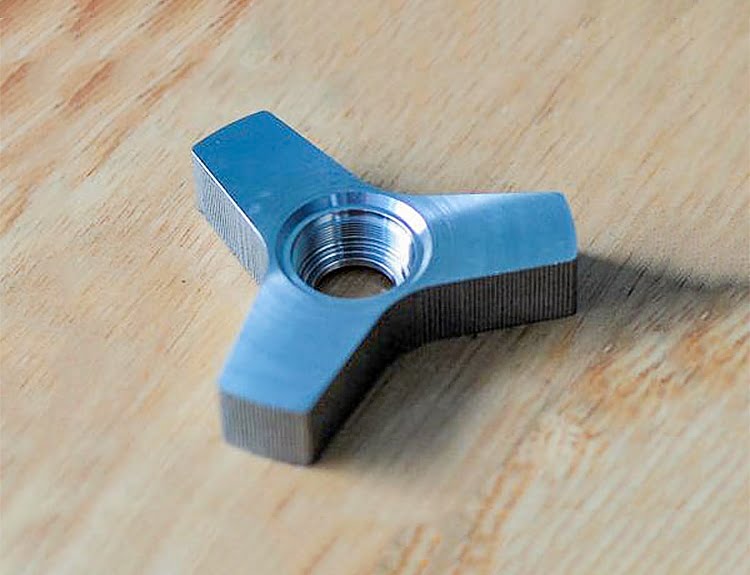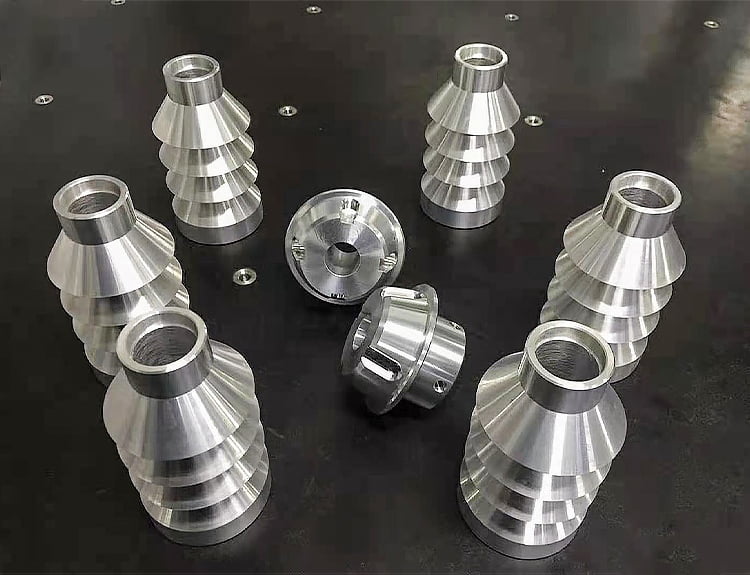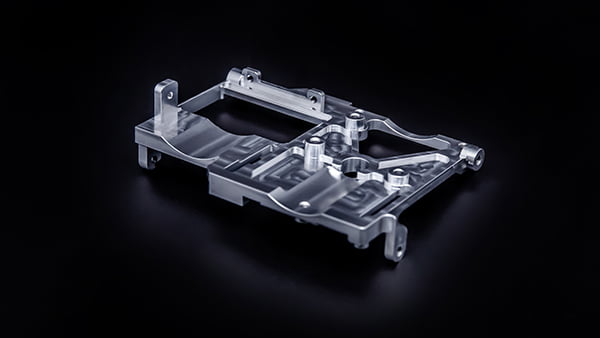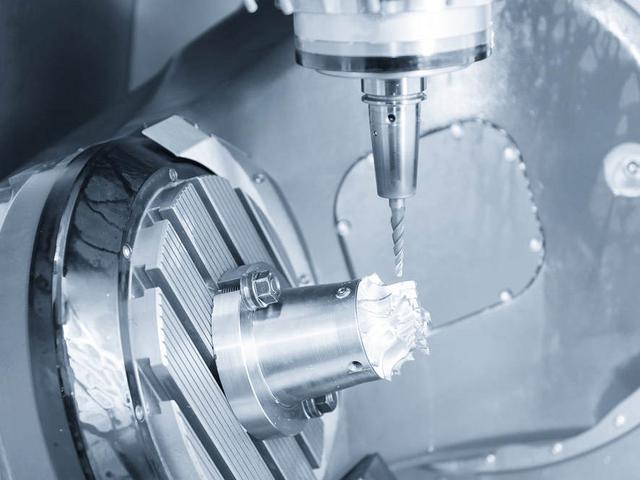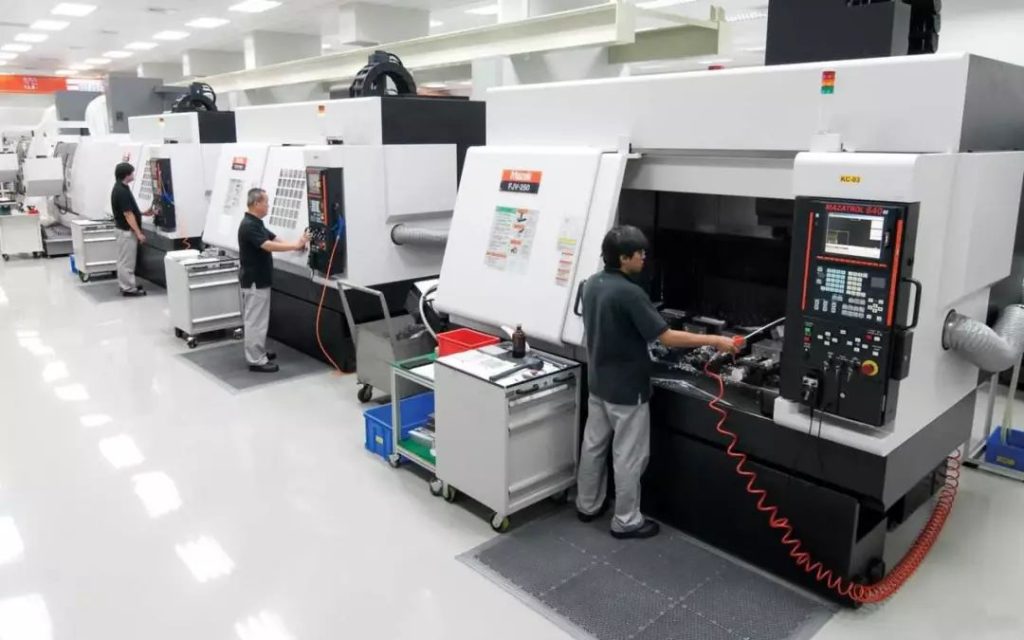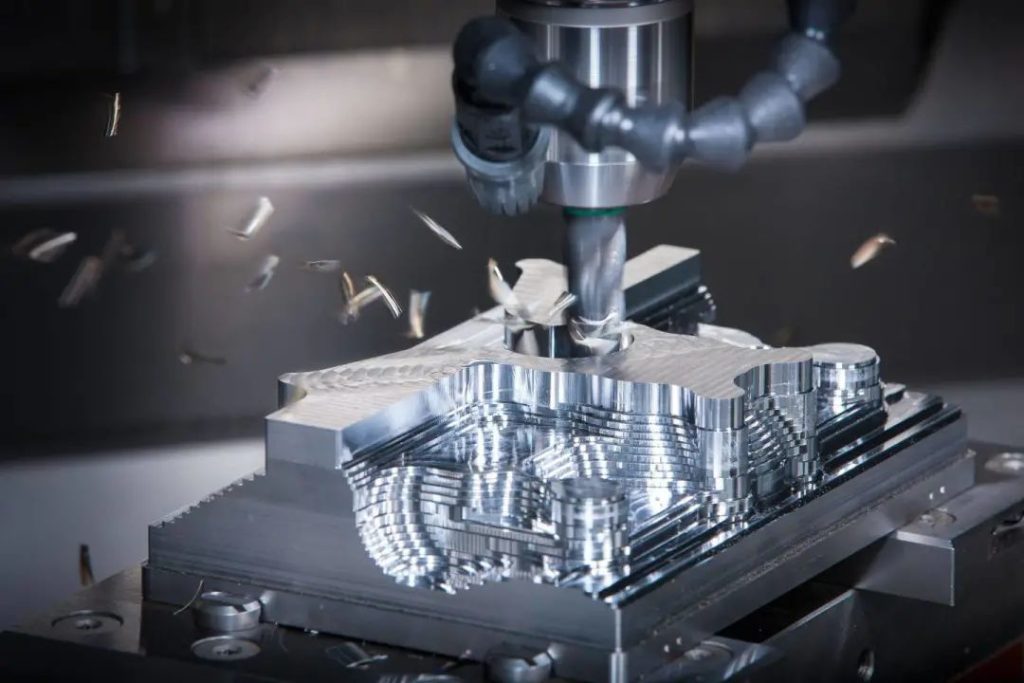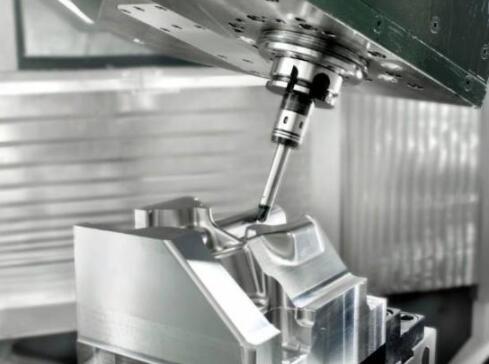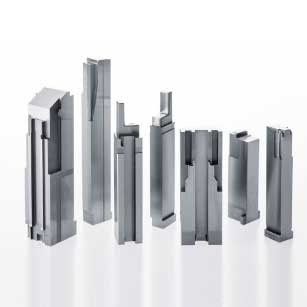Mechanical parts processing industry field, often plastic as raw materials to carry out further production and processing, now the current market plastic types are very much, then in the production and processing of mechanical parts need to choose which kind of plastic products? Today let me tell the big guys!
1, ABS plastic
ABS resin is one of the five anti-corrosion coating, its impact resistance, temperature resistance, low-temperature resistance, chemical resistance and electrical equipment performance, but also has easy production and processing, product specifications smooth, good surface gloss properties, very easy to spray, colour, but also to carry out surface plating Lo metal materials, electroplating process, welding, welding, pressing and bonding and other secondary production processing, widely used in machinery and equipment ABS is usually a yellowish or white powdered amorphous epoxy resin, and is one of the most commonly used rubber products.
2、Nylon PA6
The material has the most excellent overall performance, including impact toughness, bending stiffness, toughness, mechanical equipment shock absorption and wear resistance. This, coupled with excellent insulation and chemical resistance, makes nylon 6 a "universal grade" raw material for the manufacture of mechanical system parts and serviceable parts.
3、Nylon PA66
PA66 is more widely used in the automotive industry, instruments and equipment shells and other goods that must have impact resistance and high toughness provisions.
4、Nylon PA12
PA12 is also known as poly(dodecalactam) or nylon 12, the basic raw material for its convergence is butadiene, which can depend on petrochemical equipment. It is a semi-crystalline - crystalline thermosetting raw material. PA12 is an effective insulator for electrical equipment and, like other acrylic resins, is not susceptible to wet and cold damage to the insulation layer. PA12 is available in a number of improved variants in terms of melt properties and improved characteristics. Compared to PA6 and PA66, this material has a lower melting point and a higher relative density, with a very high moisture recovery rate. Typical applications of nylon 12 are: water flow meters and other commercial service equipment, cable sleeves, machinery and equipment camshafts, rolling organisations, solar power side panels and bushings, etc.
5、PVC
Polyvinyl chloride, abbreviated as PVC (Polyvinylchloride), is a single vinyl chloride (vinylchloridemonomer, commonly known as VCM) in chloroprene, even hydrocarbons and other initiators; or in the role of light, heat, according to the principle of oxygen radical condensation reaction convergence of polymers. Vinyl chloride homopolymers and vinyl chloride polymers are collectively known as vinyl chloride epoxy resins, and PVC was once the most widely produced plastic material in the world. It is widely used in construction and decoration materials, industrial products, daily appliances, flooring adhesives, floor tiles, artificial leather, pipe fittings, cables and wires, packaging films, bottles, foaming plastics, rubber seals, chemical fibres and other fields.

